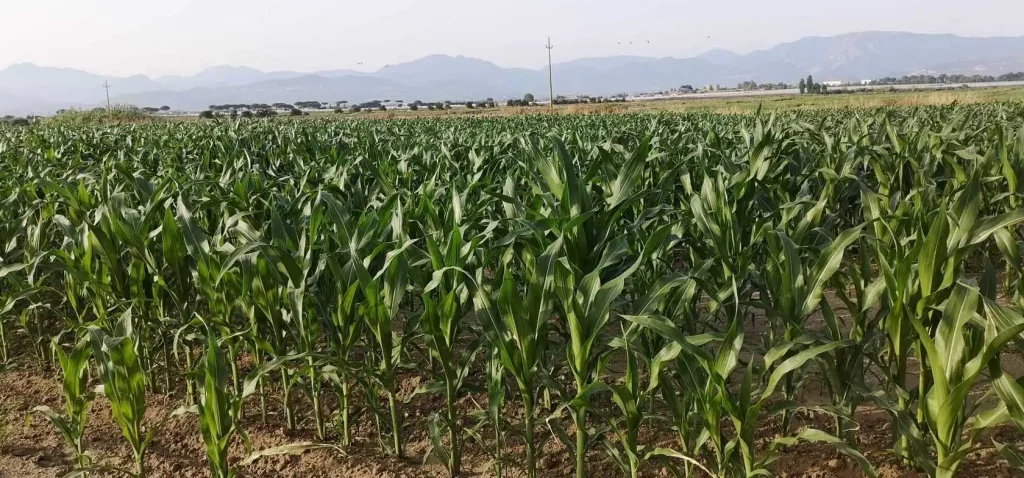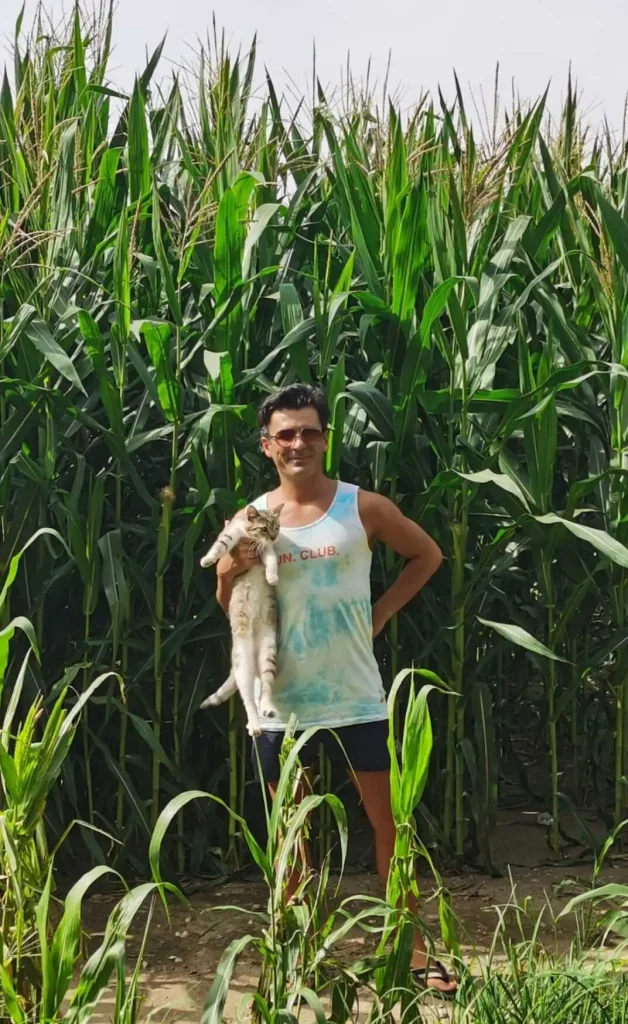The benefits of veganism extend far beyond protecting animals and improving personal health. People sometimes ask vegans why they care so much about the animals but not other human beings. This is an assumption founded in absolutely nothing. Not only is such assumption incompatible with the vegan mind. It also ignores the chain reaction a vegan lifestyle triggers, which has a significant impact on the bigger picture. Let’s explore what it means to be vegan for humanity.

Livestock is fed while people are starving
In their report “State of Food Security and Nutrition in the World” (SOFI), published in 2025, the United Nations estimate that between 638 and 720 million people on the Earth are suffering from hunger or undernourishment. This mostly affects humans in Sub-Saharan Africa, South and Southeast Asia, Latin America and the Caribbean.
At the same time, also according to data published by the United Nations, around 1.5 billion Cattle and 1 billion pigs are currently held as “livestock”. Many more billions of sheep, goats and chicken add to the list of livestock, of course, but let’s focus on the bigger animals first. These animals need to eat in order to become “food” for humans.
How much do 1.5 billion cows, bulls and oxen plus 1 billion pigs eat? Let’s stick with the official United Nations data. Currently around 33 to 36 % of the global grain production is used for live stock feed. Regarding soy, this percentage is even a lot higher with an estimated 70 to 75 %.
Vegan for Humanity – a simple numbers game

On other vegan platforms you will often encounter an even higher number of 90 %, but for better comparison of human vs. livestock feeding I’ll use the United Nations data only. Whether it’s 70 or 90 %, the picture is pretty clear. First of all, it’s not the tofu eating vegans that create imbalance and problems related to soy production.
The question is not only what could be done with all the grain and soy instead. The way most of it is produced it wouldn’t be fit for human consumption anyway. But what could we do with the 321 to 348 million hectares (795 to 860 million acres) of land currently used for livestock feed production?
Furthermore, it’s not only the land we need to be concerned about. Those millions of hectars of grain and soy need water in order to grow. Again, according to the United Nations the water needed for these plants annually sums up to an incredible 2,059 to 2,102 trillion litres (543.9 to 555.3 trillion gallons).
This unfathomable number is beyond absurd in a world where everybody is at least somewhat aware of the global threat of water shortages. As a vegan you might consume grains and soy, just like non vegans, but you are not the problem in all this maths.
The impact of your diet and lifestyle – Why vegan for humanity is a given
In fact, vegans do not contribute to livestock feeding and therefore mathematically save millions of litres of water and tons of grain and much more over the years. To get some ideas on how much impact your personal journey has had so far, you can use tools like the vegan calculator online. It’s a fun way to get further motivation and confirmation that you’re on the right track.
The question of whether you are vegan for humanity eventually answers itself. Maybe it’s not your prime motivator, maybe you’re vegan for the animals. But being vegan for humanity is an automatic side effect of going vegan. Now imagine a vegan world where no livestock exists and all humans could be fed enough to not only survive but also thrive. That’s what vegan for humanity means.